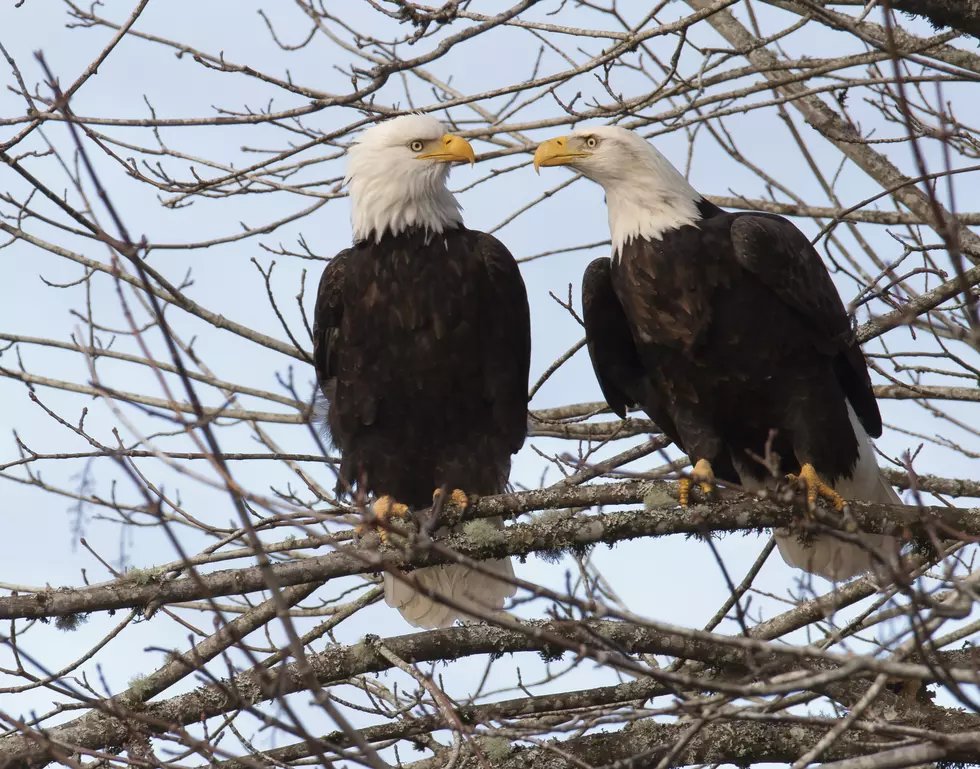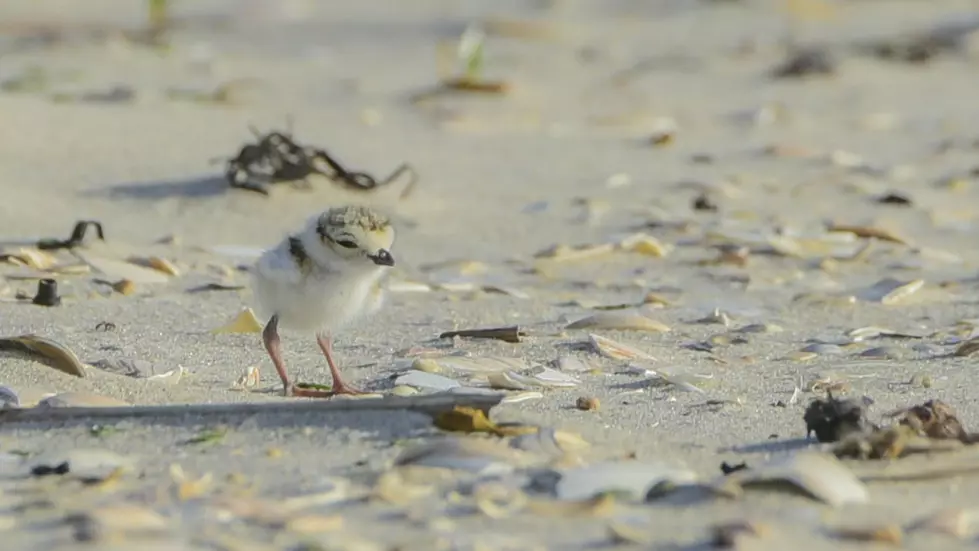
Oh No! One of The Most-Recognized Insects in NJ is Now Endangered
One of the most-recognized, most beautiful insects in the world, and here in New Jersey is on the road to extinction.
According to NJ.com, scientists just placed the beloved Monarch Butterfly on a list of endangered species after they made a frightening observation that its numbers have been on a rapid decline over the past couple decades.

And the rate of its decline is staggering.
The International Union for the Conservation of Nature finds that in North America, its numbers have declined from a rate of 22% up to a rate of 72% in the last ten years. And a conservation biologist at Michigan State University predicts that in the eastern United States alone, its numbers have decreased by 85% - 95% since the 90's!
The Monarch, distinctively recognizable by its iconic black and orange wings, spend a lot of time in the Northeast during its migration, which is why they're so recognizable in New Jersey.
Why is this happening?
Emma Pelton of the nonprofit Xerces Society theorizes that the Monarch's numbers are declining because of loss of habitat, the use of pesticides and herbicides, and climate change.
How can we help the Monarch Butterfly survive?
If you're using pesticides, you should look for more natural, safer alternatives to protect your agricultural interests from weeds and pests.
Also, Pelton says that you can plant milkweed, which they depend on for food as caterpillars and butterflies. Here's what they look like:
As you can see, they're pretty little purplish flowers that would look great in your garden! It's a win-win for you and the Monarchs!
It would be an absolute shame if we lost these beautiful creatures forever. Hopefully this issue gets more attention so we can protect them.




